The fate of humanity was all decided after a vote by the deities of Valhalla. Humanity proved themselves beyond redemption and a great majority of the gods present decided that it was time to purge them. But it was the intervention by Brunhilde that set the tournament in motion in Record of Ragnarok. The rules were simple: 1-on-1 combat between the gods and mortals, a best 7 out of 13 tournament aptly named Ragnarok. While Brunhilde had a devious scheme to level the playing field, that hasn’t reduced the threat and awesome power of the 13 participant gods in Record of Ragnarok.
Who Are All the 13 Fighters for the Gods in Record of Ragnarok?
While there’s a vast cast of supporting characters and bit parts when it comes to the many gods and pantheons represented in Record of Ragnarok, there are only 13 known fighters. How this will factor into deciding who will be cut out is anybody’s guess, although with Loki and Odin still to come into play, some shenanigans are likely to take place.
Related: All Record of Ragnarok Fights in Order
But the 13 fighters for the gods represent gods, demigods, and supreme gods from Greek, Norse, Hindu, Abrahamic/Philistine, Egyptian, Shinto, and other Japanese mythology. They are listed below, with enough exuberance you could swear Heimdall himself is calling their names:
Gods in Record of Ragnarok (Table of Contents)
- Thor
- Zeus
- Poseidon
- Hercules
- Shiva
- Zerofuku
- Hades
- Beelzebub
- Apollo
- Odin
- Loki
- Susano’o no Mikoto
- Anubis
Additional Content:
Thor
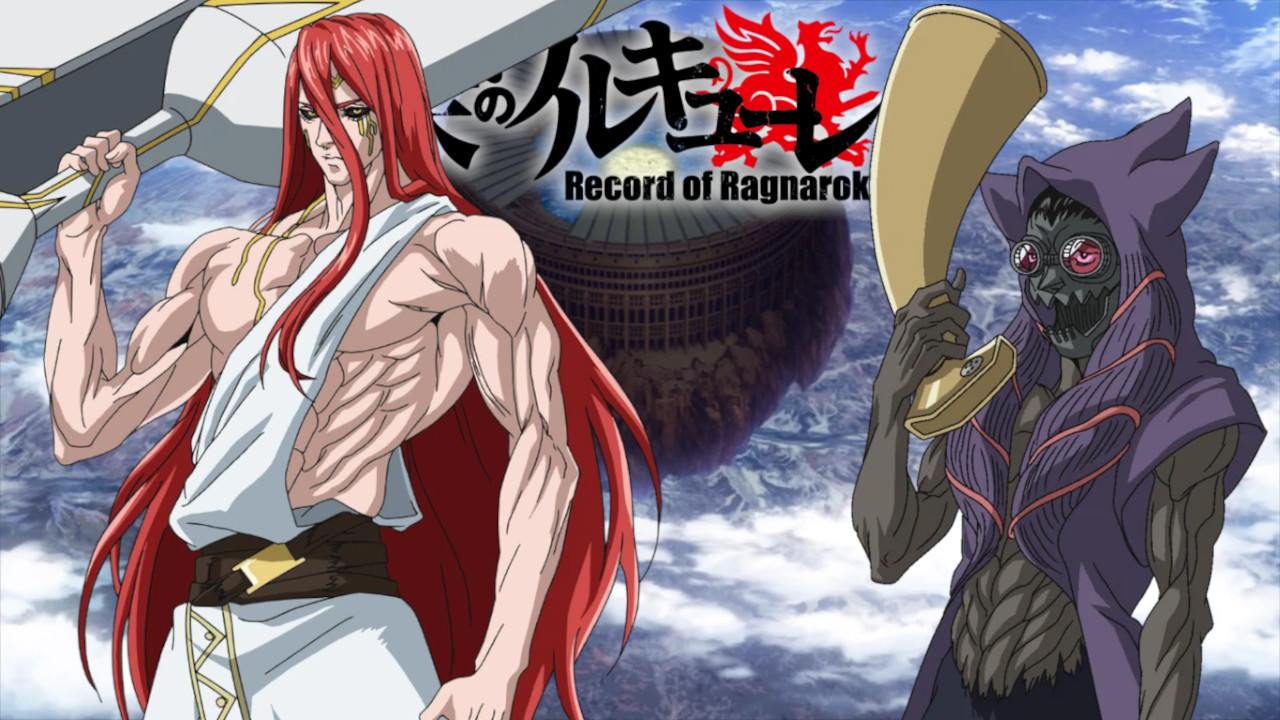
Thor, the Norse God of Thunder, was the first fighter featured in Record of Ragnarok who tangled with Lü Bu. It was naturally a good testing ground for readers and viewers to see how even mortals could prove their might and tangle with the heavens. But Thor is a terrific combatant in his own right, but also a cold, taciturn deity.
He shrugs off this cold side when he finds a worthy opponent and respects a warrior’s desire to die in a glorious battle, seeing it as an honor. His hammer, Mjölnir, is a different beast in this rendition of the Norse god, being a living, pulsating creature. His gloves, Járngreipr, serve to protect Mjölnir from Thor’s strength, and he makes a fierce first fighter for the gods in Record of Ragnarok.
Zeus
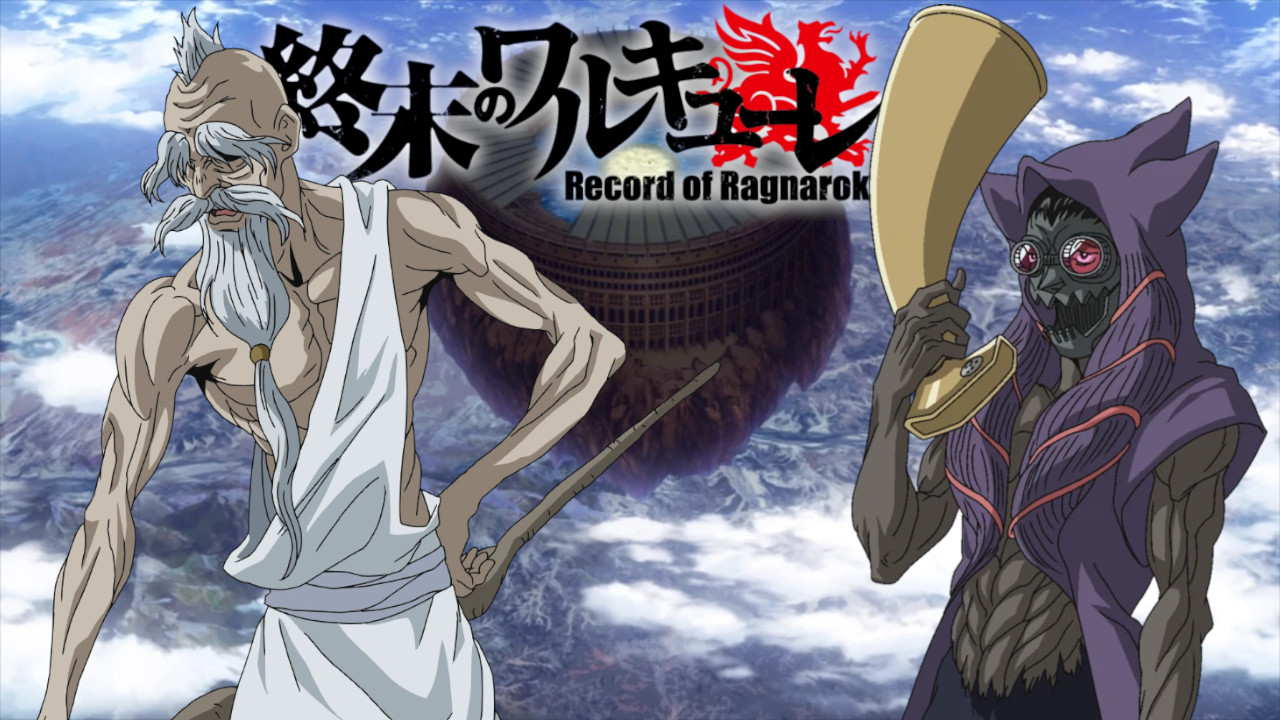
Hey look, it’s Master Roshi! But don’t let his looks deceive you, Zeus is seasoned with years of combat, is considered a supreme god, and was crowned the mightiest of the gods in the Titanomachy Tournament that preceded Record of Ragnarok. He is the ruler of the heavens and the overarching villain of the series. Zeus is chief among the gods who wanted to purge humanity, and with every subsequent loss to them, he felt equal parts rage and respect for the opposing team.
But Zeus is an odd one for sure even then. He’s arrogant, has a raging pervy side, and is a bloodthirsty fighter with incredible raw strength. He can transform his musculature similarly to Roshi or even Toguro from Yu Yu Hakusho, while also retaining blistering, insane speed, and enough might to destroy heaven itself. Truly a god among dirty old men.
Poseidon
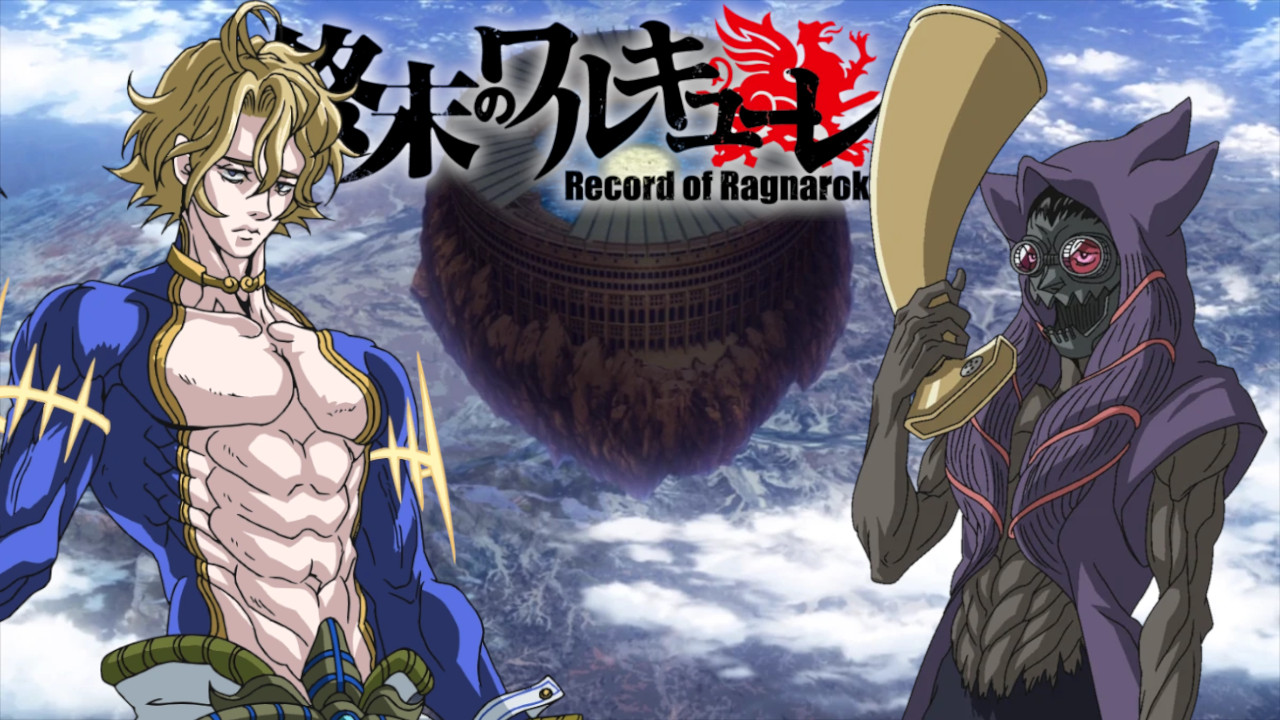
While Zeus felt humanity’s time was expired, Poseidon actively viewed them with disdain. Poseidon is not only better than the humans in his eyes, but he believed himself to be a king among gods, a title similarly bestowed upon him by his supporters and fellow deities.
The King of the Seas, this classic Greek god, and seen as the most feared god next to his brother, Zeus. He also has considerable strength, speed, and deadly skill with his trident. He also fought in the Titanomachy Tournament, which removed the Titans from play, sending them to Tartarus, a prison that also houses a potential key player.
Hercules
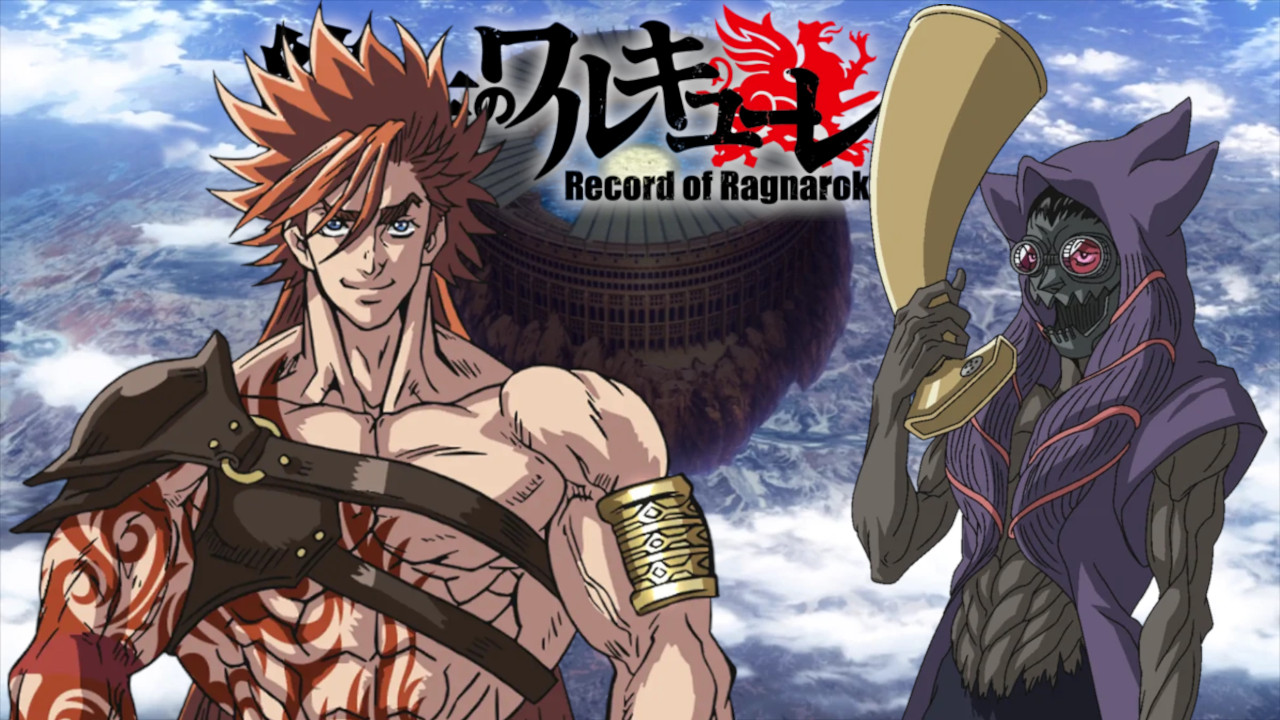
Hercules, or Heracles as he’s known in Greek mythology, is the first demigod combatant among the gods fighters in Record of Ragnarok. Far more noble, Hercules believes in justice for both gods and mankind, arguably to a fault. But he’s more humble than perhaps any of his fellow fighters and becomes the first compelling case for how conflicting it can be for Brunhilde and the Einherjar to fight in death battles. Hercules is a hero, never forgetting his roots as a once-meek human, and a deadly fighter.
Hercules drank Ambrosia, something meant only for the gods, and survived, earning the title of God of Fortitude. Originally known as Alcides, he ascended to godhood after this feat and continued to store additional abilities after completing each of his twelve labors. Along with godly strength enough to threaten Ares’ life, Hercules can call upon abilities based on each of his twelve labors such as transforming his club into the image of the Cretan Bull or the Nemean Lion.
Shiva
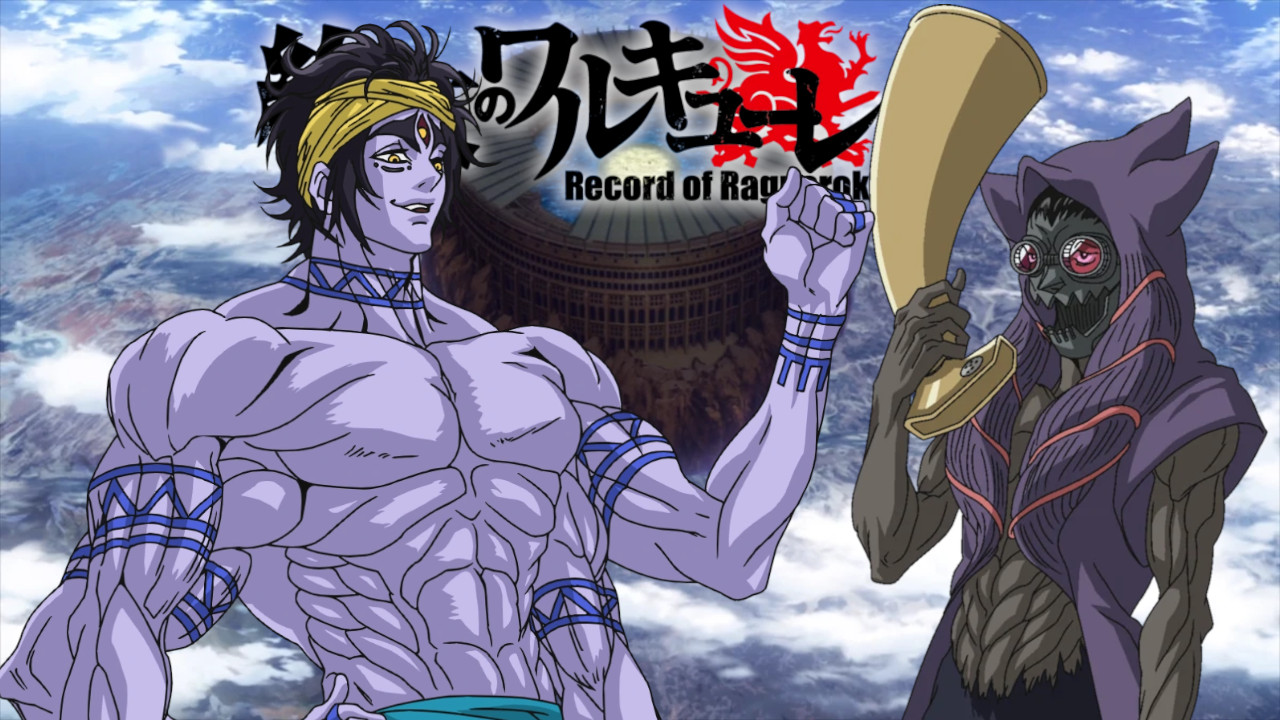
Finally, we venture into some Eastern pantheons. Shiva is another of the known supreme gods, the Hindu God of Destruction. He is seen as the strongest of all Hindu gods in this iteration, and his portrayal got the Netflix adaptation in hot water for a bit. But Shiva is a reckless, deadly fighter in Record of Ragnarok, and makes for a fierce opponent in Round 5.
Shiva dances to the rhythm of the cosmos. He floats like a butterfly and stings like the Big Bang. A deadly brawler with a penchant for fire-based attacks, this character is nothing to scoff at. But his acknowledgement of his opponent and humble respect for humanity as a result, is something all the gods should learn from.
Zerofuku
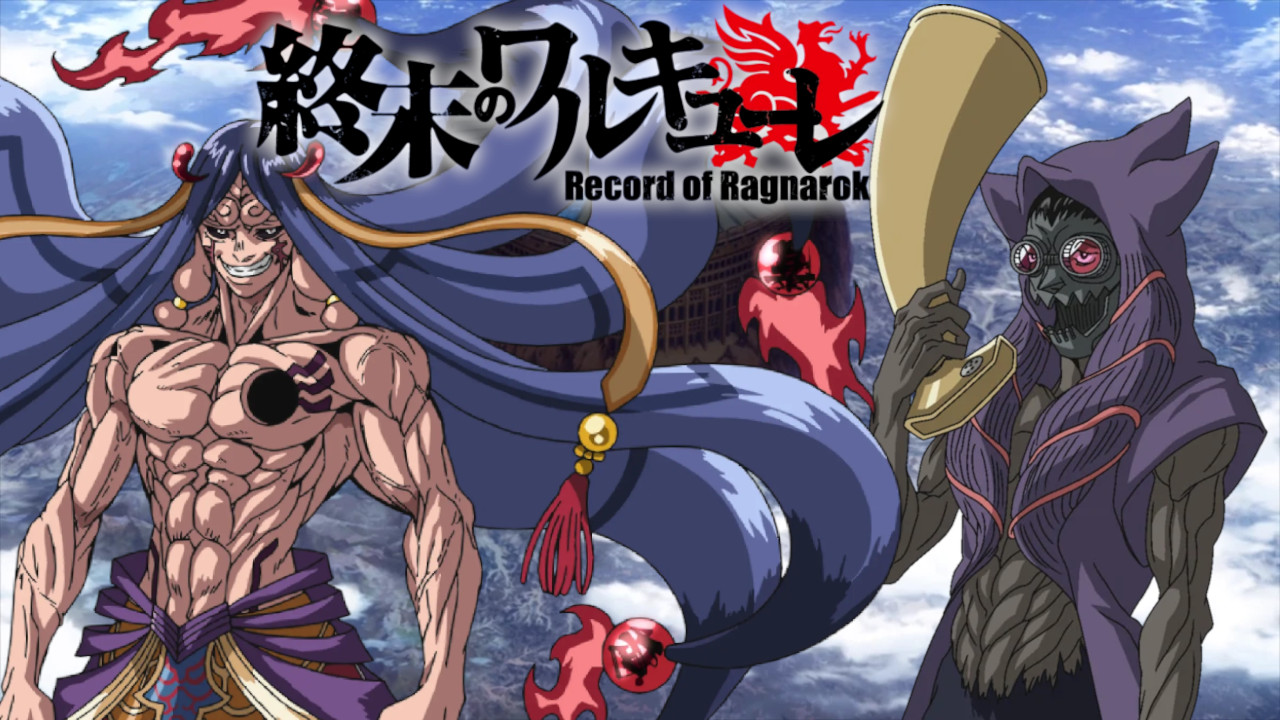
So this one is loaded. Literally. Because Zerofuku absorbs other fighters like Bishamonten into himself and is subsequently absorbed into Hajun. Round 6 goes wild, in a fight where he goes against an opponent he resented the most. He is the God of Misfortune, who is composed of the Seven Gods of Fortune and boasts a cool weapon, the Misery Cleaver. But this is only the beginning.
Zerofuku’s next form, Hajun, is the first demon to fight for the gods in Record of Ragnarok. He’s among the strongest demons out there, able to destroy Divine Weapons and capable of transforming his body to horrifying levels and giving Frieza a run for his money in terms of final forms.
Hades
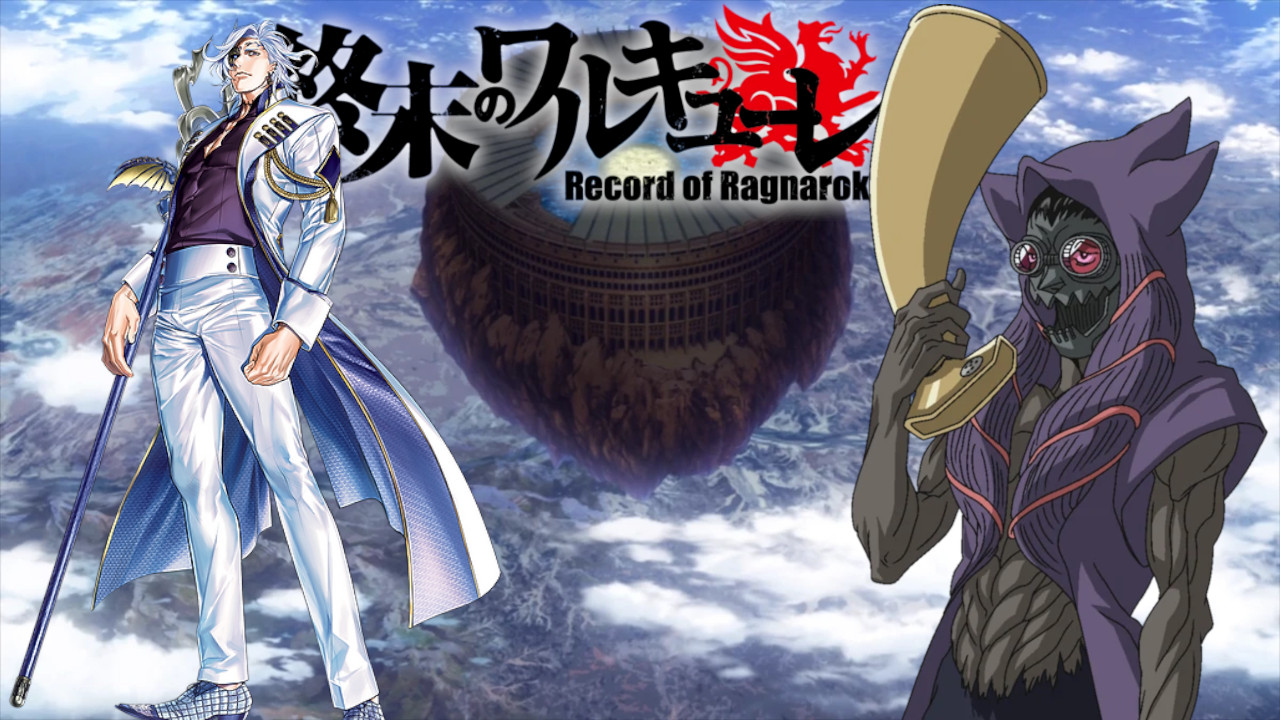
The next supreme god to feature in the series, Hades fights in Round 7 and is naturally a favored contender. The Greek ruler of the Underworld stands in place of Buddha who defected to the humans. After the Titanomachy Tournament which put Zeus at the top of the food chain, Gaia gathered the Giants and initiated the Gigantomachy. During this war, they were assisted by Titans who escaped Tartarus. The god who single-handedly held off the Titans during this was Hades. As in, he defeated an army of Titans by himself.
Hades’ blood is so powerful it enhances the weapons it touches. His signature bident weapon can be enhanced using his matter manipulation abilities, infusing weapons from other gods in the process. He earns his status as a supreme god in multiple ways, and the notion of a human being able to contend with his might makes this series far more engaging to follow as a result.
Beelzebub
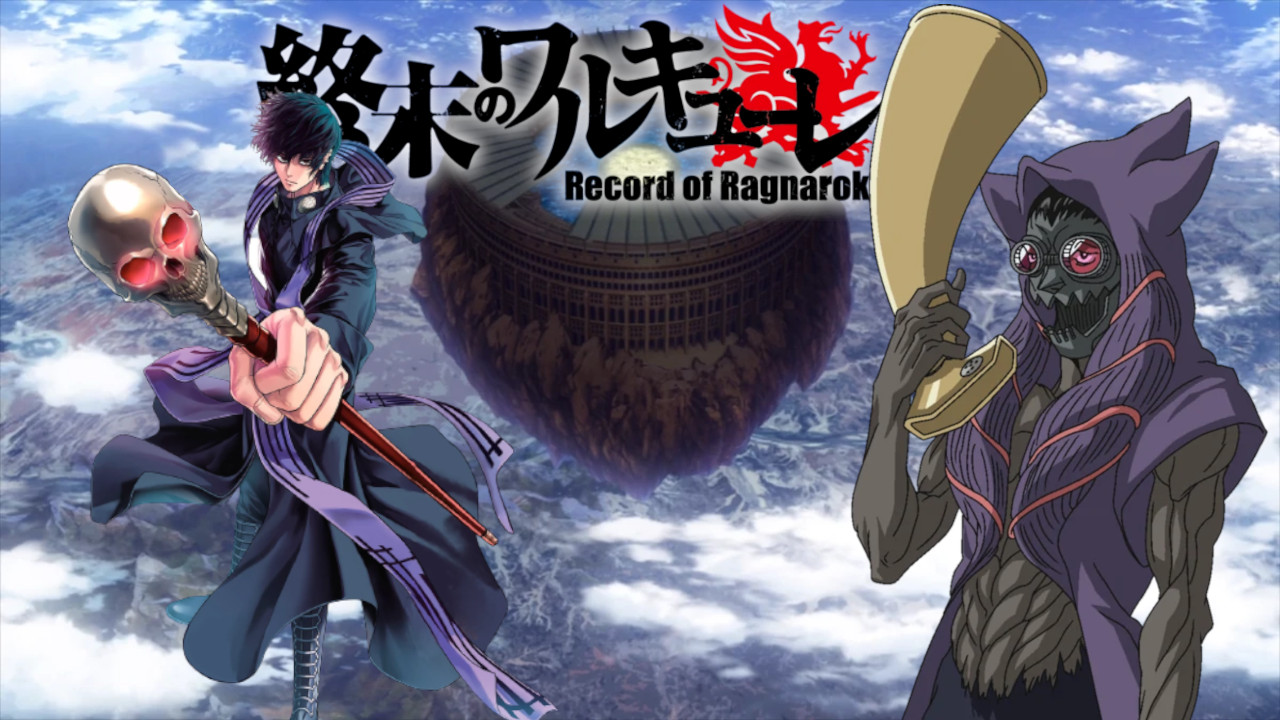
Beelzebub emerges, known as the Lord of the Flies himself, and God of Darkness. A mythological entity is familiar to many who were unexpectedly taught about his allegory in the William Golding novel of the same name. But the concept of Beelzebub is thousands of years old. But in Record of Ragnarok, Beelzebub’s position among the fighters for the gods is a tactical, insightful, analytical one.
Beelzebub is a tactical and scientific genius in the series, and it was thanks to these developments that he was able to influence Hajun’s developments in Round 6. He has a direct connection to Satan, and his continued existence is ordained and forced by Lilith. His The Staff of Apomyius might look like the edgiest skull cane on the block, but it allows him to channel his immense might. He can invoke the powers of the Gates of Hell, fallen angels, and the essence of darkness. But as a pragmatic, intellectual fighter, he acknowledges and respects when he is met with a worthy opponent.
Apollo
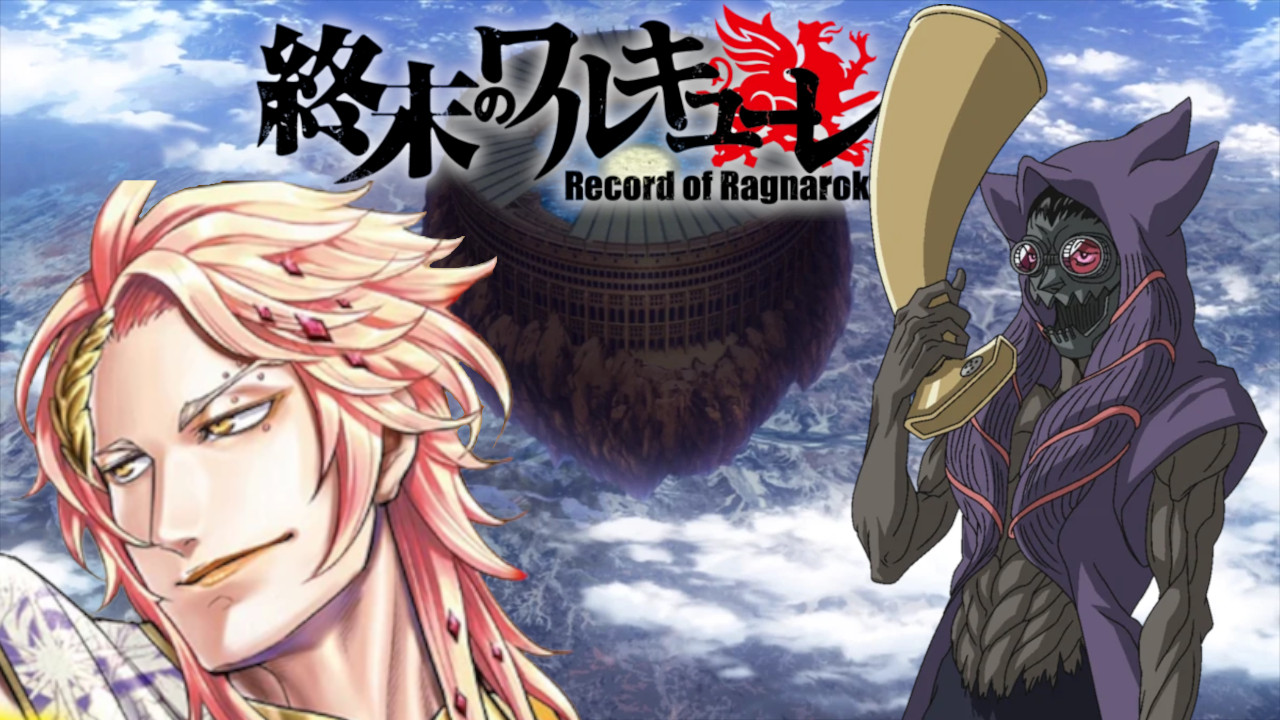
Another haughty Greek God similar to Poseidon, the Sun God Apollo is a revered and admired god for his might and beauty. In Record of Ragnarok, Apollo’s position among the gods was so prominent that people would leave themselves vulnerable to overwhelming invasions if it meant they could still uphold their traditions and worship him.
Nothing yet is known about Apollo’s combat abilities in the series. He was able to block the first attack of his opponent in Round 9 at first with his gauntlet-clad hands, but it’s uncertain what weapons he’ll use. Given his traditional reputation as a divine marksman, it’d be interesting if he takes out his bow, but for now, we have to wait and see.
Odin
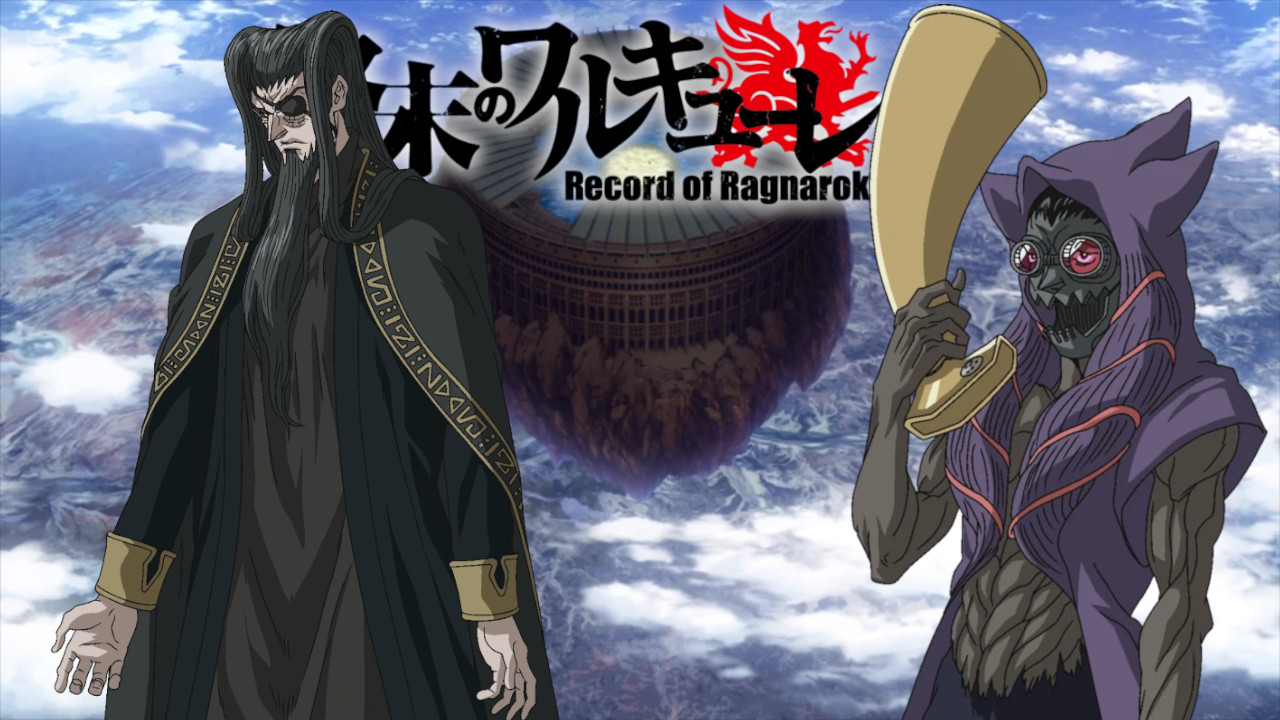
The Allfather of the Norse Gods, and the only known supreme god who has yet to fight in Ragnarok. A man of few words, Odin is the God of Wisdom and Knowledge, and his ravens act as his mode of communication. His position is one of unknown potential in the tournament, especially when weighed against another Norse fighter who has yet to join.
Loki
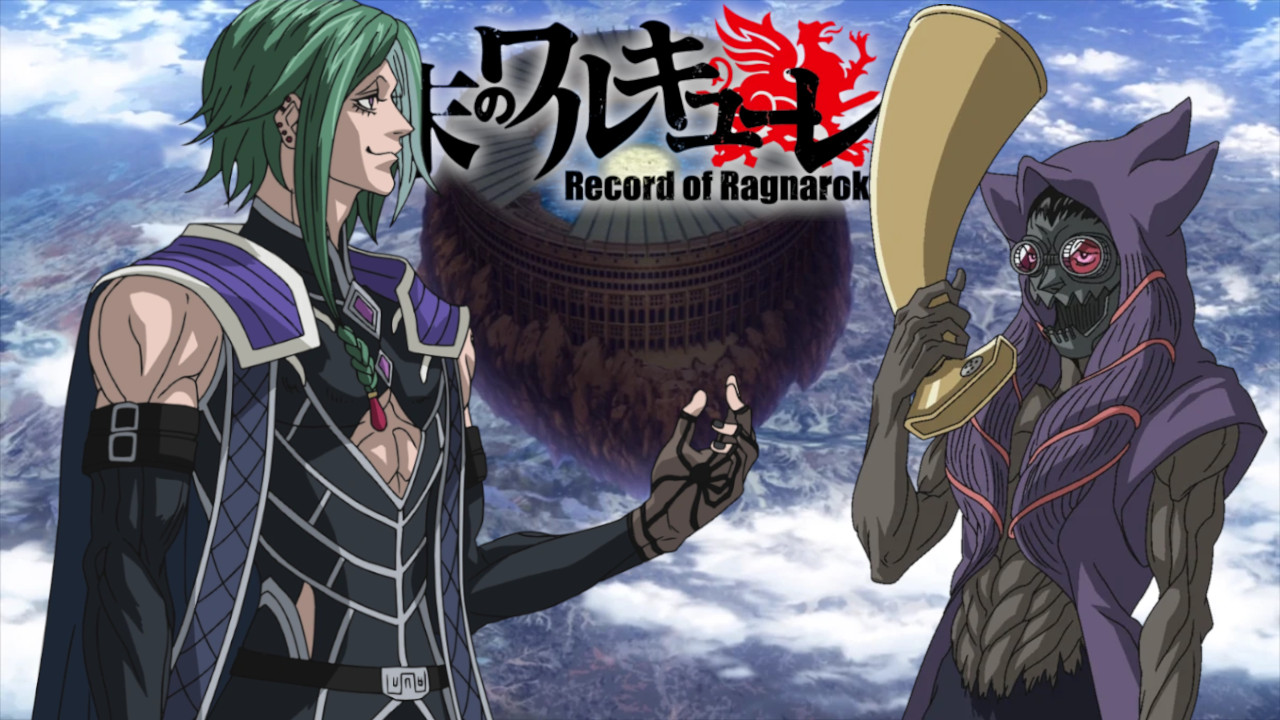
The trickster himself, the iconic God of Mischief Loki is set to fight in Record of Ragnarok for the gods. His cleverness and insightful observations make him a natural counter to Brunhilde’s Volundr, her form of deception that gives humanity a fighting chance in the tournament. He was able to identify the tricks deployed by Hercules’ opponent in Round 4, and his sadistic nature would make him a fascinating, perfect character to fight in the tourney.
Loki fights with hooks mounted on chains he can summon seemingly from portals on his gloves. It’d be interesting to see how far he could go with that, and his reality-bending abilities will surely be a crowd-pleaser, especially in the anime.
Susano’o no Mikoto
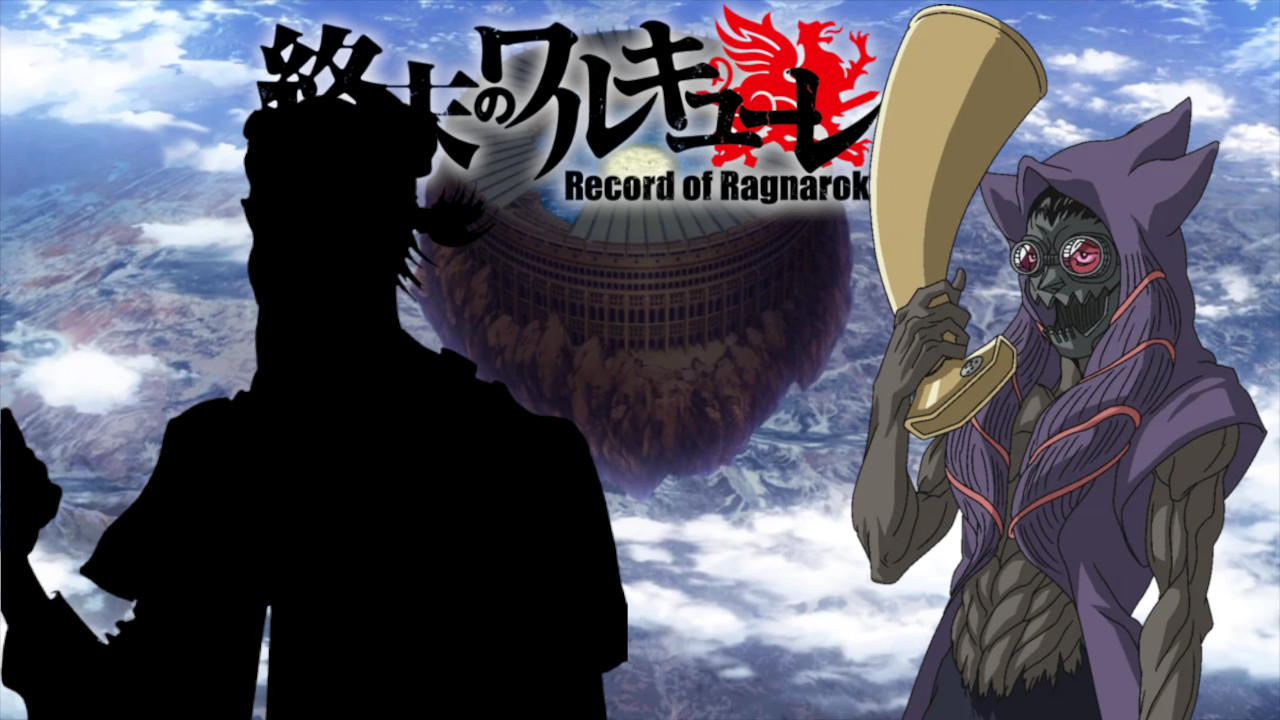
In the context of the series, little is known about how this character will look or fight for the gods in Record of Ragnarok. In Japanese mythology, Susano’o no Mikoto is acknowledged as the god of the seas, storms, and fields, and the younger brother of Amaterasu, a monster-slayer and god of agriculture. Given his depictions as a swordfighter, though, it’d be amazing if he wound up fighting Soji Okita.
Anubis
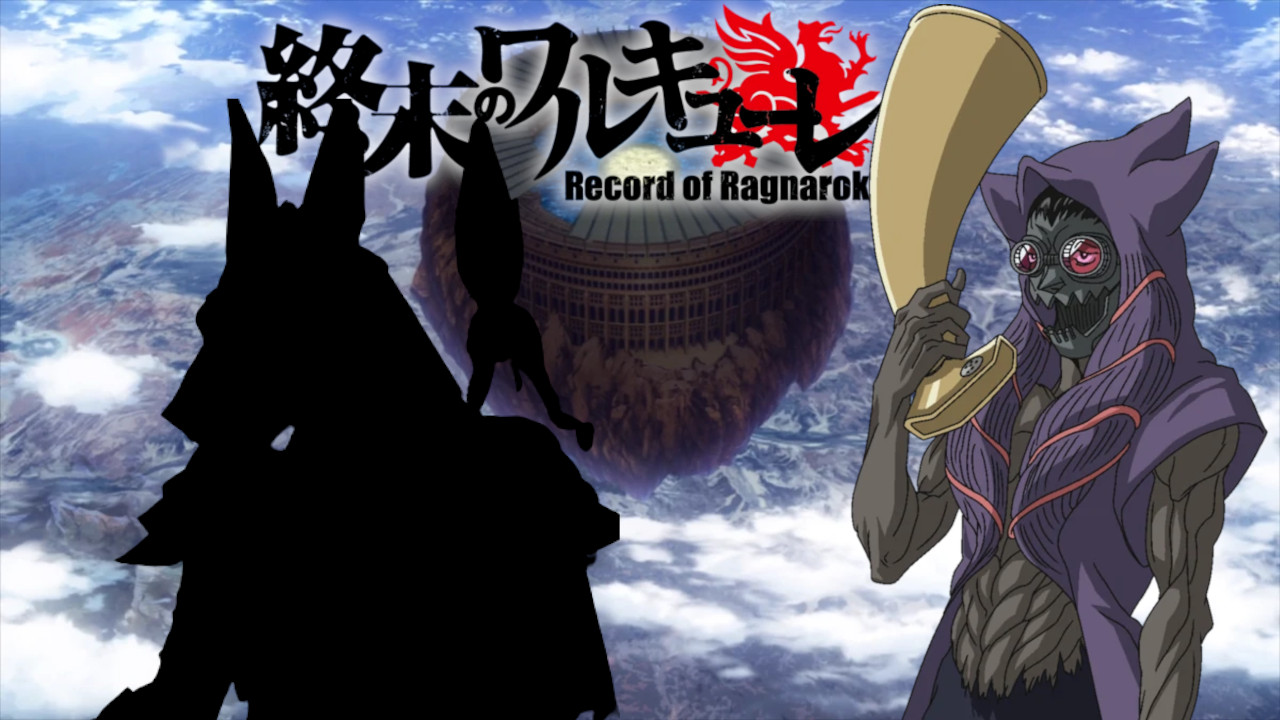
Anubis is the last named contestant among the Gods and while he’s yet to appear in the series, it’d be exciting to see his anime/manga rendition. The Guide to the Underworld and God of Death, Anubis is often associated with burial and funerary practices in Ancient Egyptian mythology. Whether he’ll have the head of a jackal or simply have a humanoid head while wearing the jackal imagery remains to be seen, but he’ll be a golden, dark force to be reckoned with.
Anubis boasts many abilities, but perhaps among his most iconic is his position as a final judge for humans hoping to enter the afterlife. Their hearts are a weight on his scale, and if their heart weighed more than the Ma’at (the truth) they would be consumed by Ammit, and if lighter, they live a peaceful afterlife. Anubis would make for a fitting, poetic way to end Record of Ragnarok, but there’s no guarantee they’ll place him as the final fighter.
Who Are the Supreme Gods in Record of Ragnarok?
So far there are only 4 known supreme gods in Record of Ragnarok, listed below:
- Zeus
- Shiva
- Hades
- Odin
These characters are distinguished from others as being especially powerful, with 2 of the 3 listed having won their respective fights.
Are There Other Non-Fighter Gods in Record of Ragnarok?
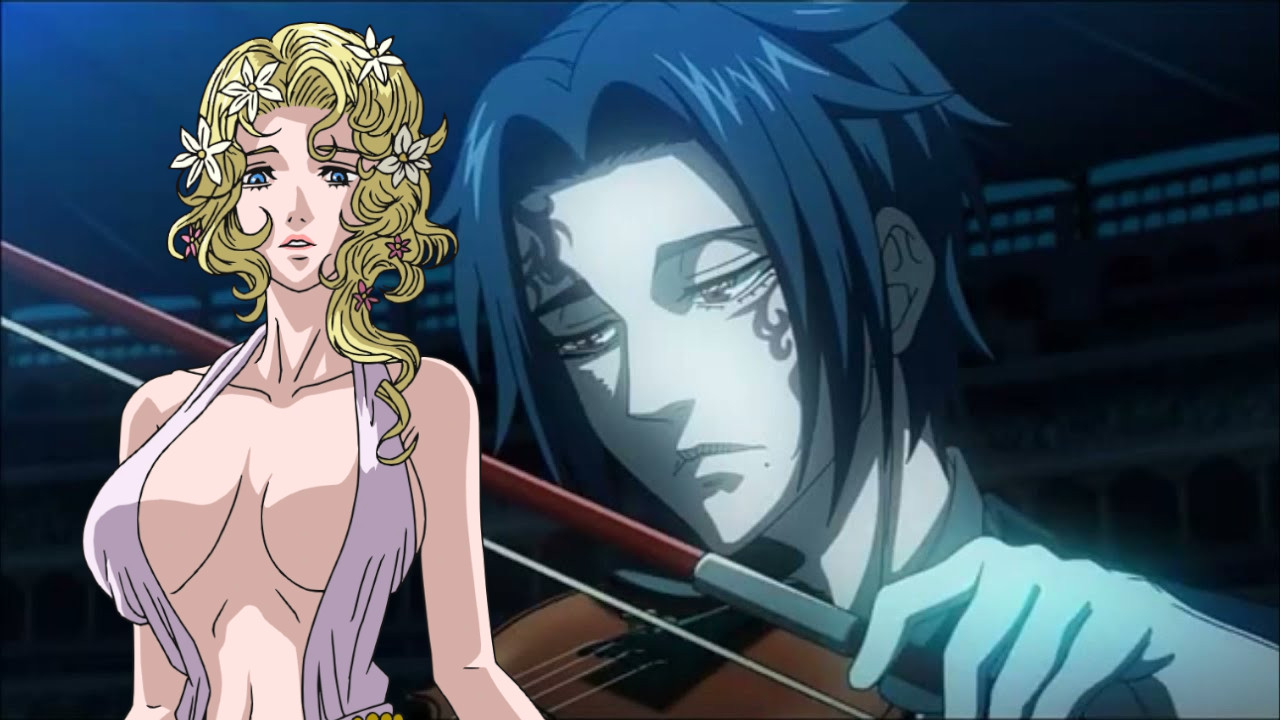
Yes, and there are so many it’s difficult to effectively list them. Some have more memorable appearances like Aphrodite, Adamas, Hermes, or Vishnu. You also can’t forget all of the different pantheons represented, including:
Abrahamic Deities
- Lilith
- Lucifer
Hindu Deities
- Agni
- Brahma
- Durga
- Ganesha
- Indra
- Kali
- Nishumbha
- Parvati
- Rudra
- Shumbha
- Varuna
- Vishnu
Greek Deities
- Adamas
- Aphrodite
- Ares
- Gaia
- Hera
- Hermes
- Proteus
Norse Deities
- Forseti
- Heimdall
- Siegfried
- Tyr
Shinto Deities (Absorbed Into Zerofuku)
- Benzaiten
- Bishamonten
- Daikokuten
- Ebisu
- Fukurokuju
- Hoteison
- Jurojin
While the series sometimes foregoes better stories for pure spectacle, it does a hell of a job creating complex lore where these cultures mingle. But there’s one last group of deities featured in Record of Ragnarok, with their position being complicated as one opposed to the gods in the series.
The Valkyries in Record of Ragnarok
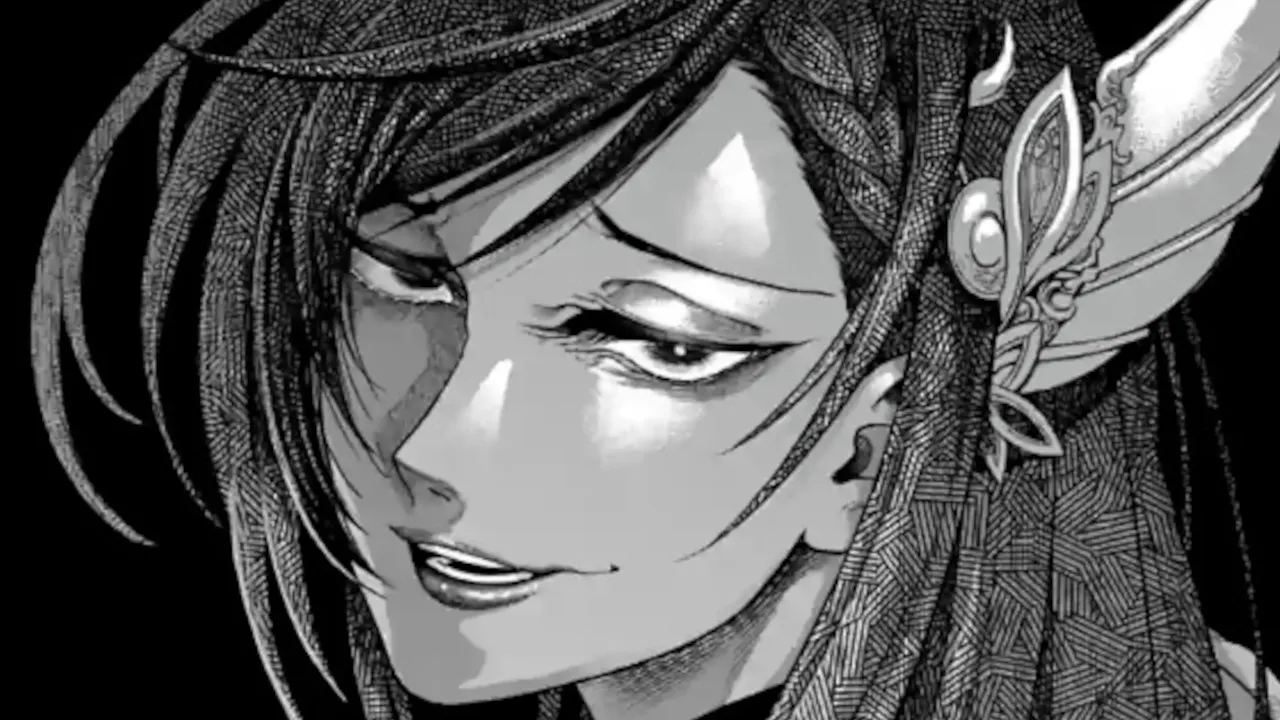
Consisting of the Volundr and Brunhilde, the series’ overarching protagonist, this group of Norse deities acts as the main competitive edge while supporting their chosen Einherjar. These characters include:
- Brunhilde
- Hrist
- Thrud
- Randgriz
- Geirölul
- Reginleif
- Göndul
- Alvitr
- Hlökk
- Göll
There are 3 left to be named, but each Valkyrie transforms into different weapons wielded by the humans in Record of Ragnarok powerful enough to wound even gods. The weapons are distinctive and chosen to fit their designated combatant, even if sometimes the Valkyries representing them disapprove of their methods.
Record of Ragnarok is like Seinen comfort food. It’s easy to pick up, immensely enjoyable (especially in manga form), and is increasingly popular thanks in no small part to the anime adaptation. It’ll be exciting seeing more of the gods put into combat, and how this series will ultimately conclude.


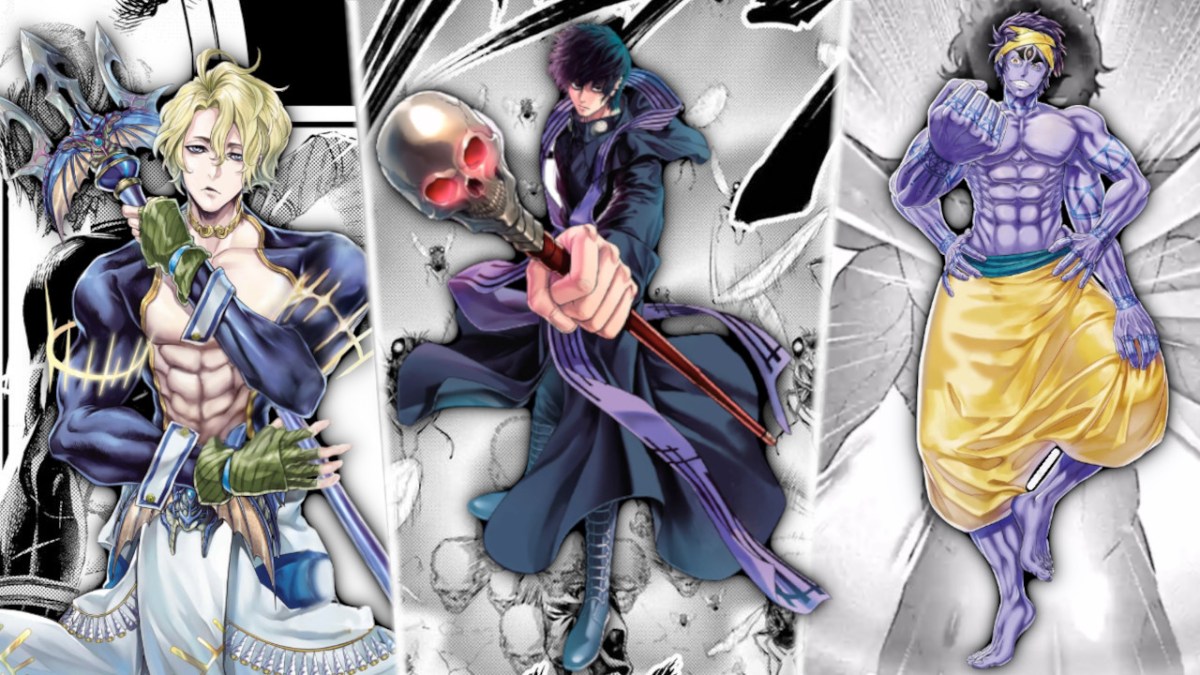
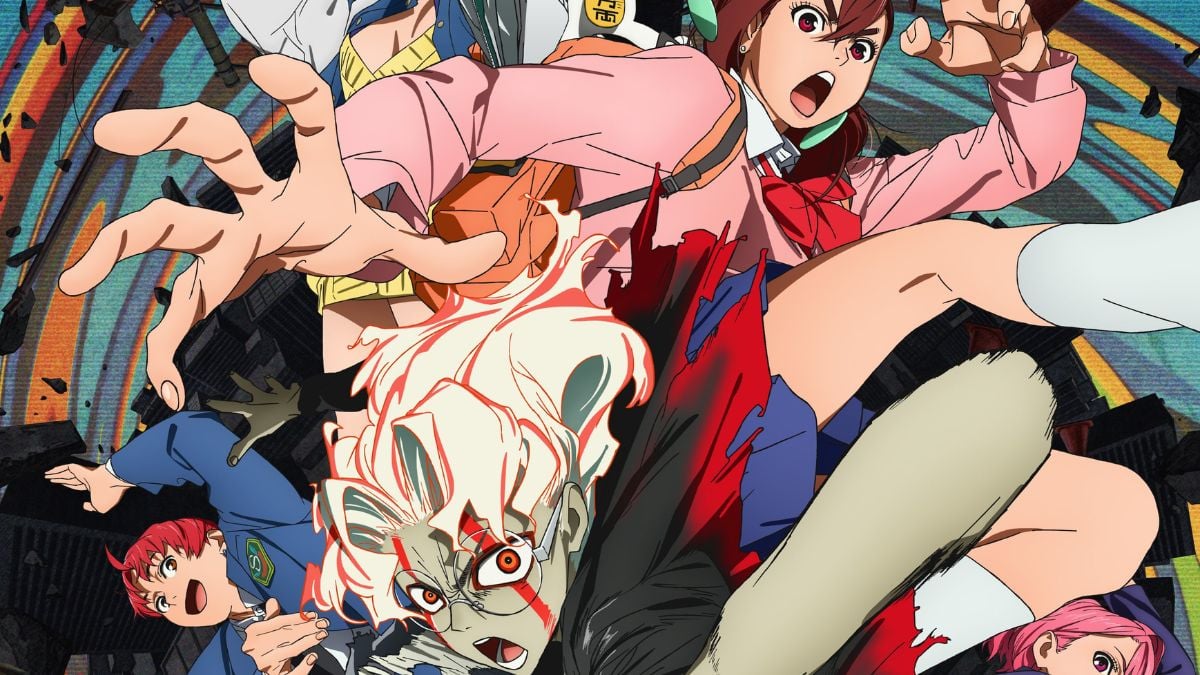
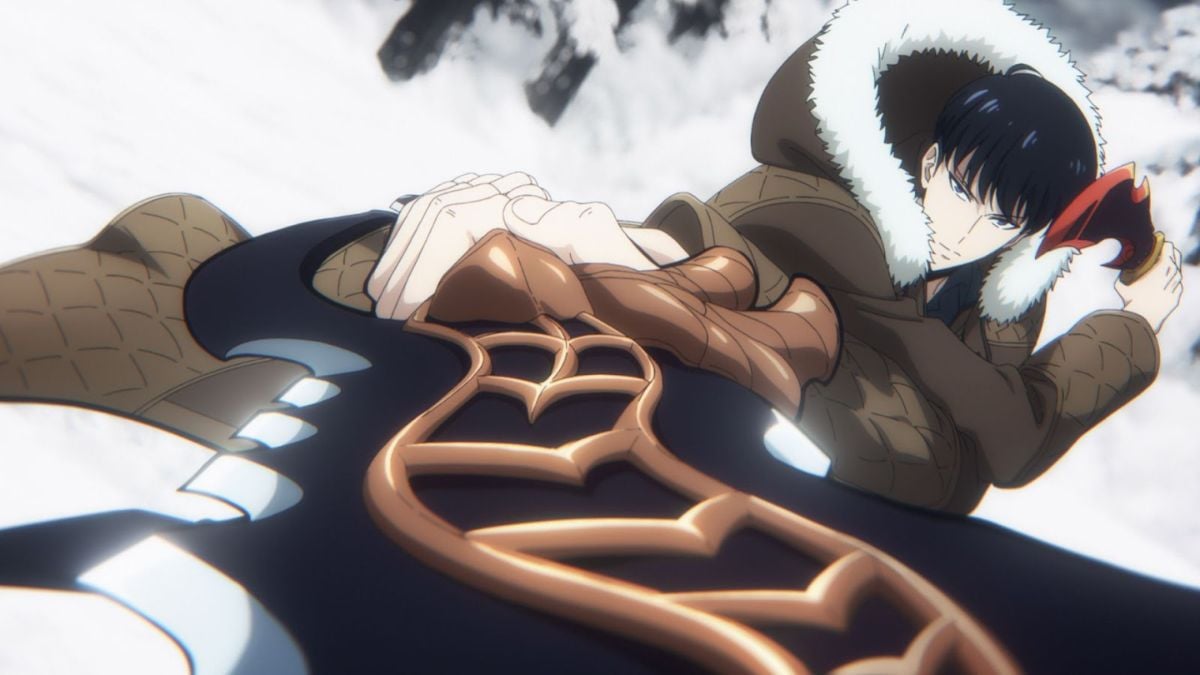
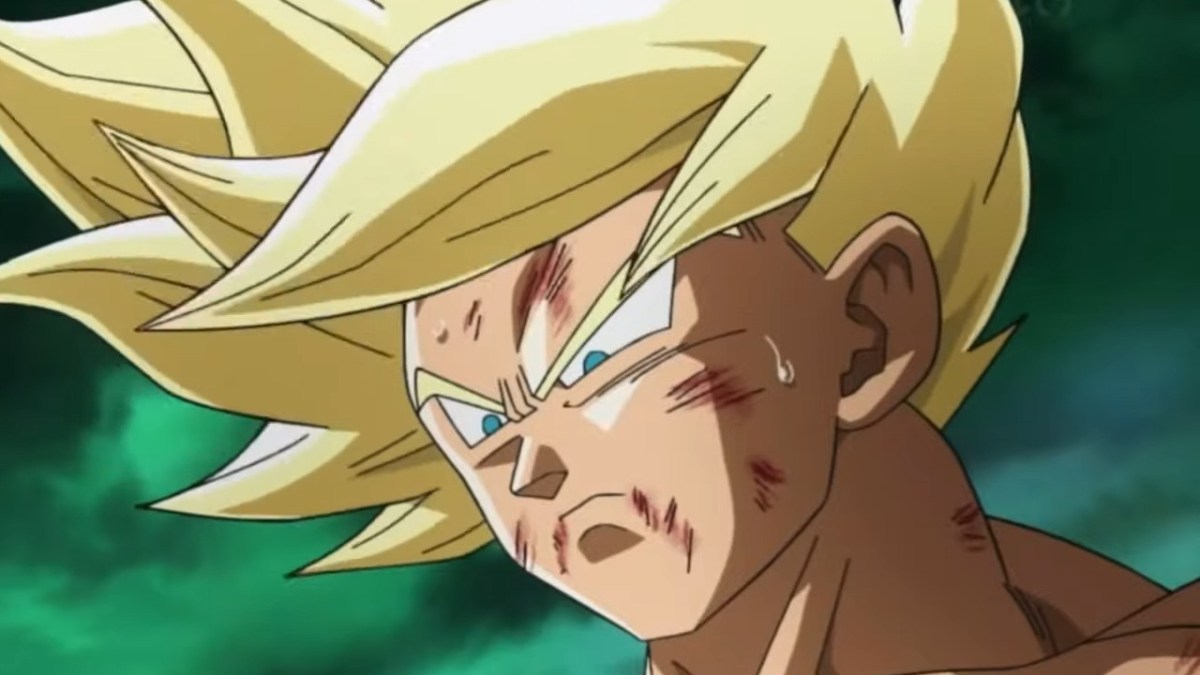
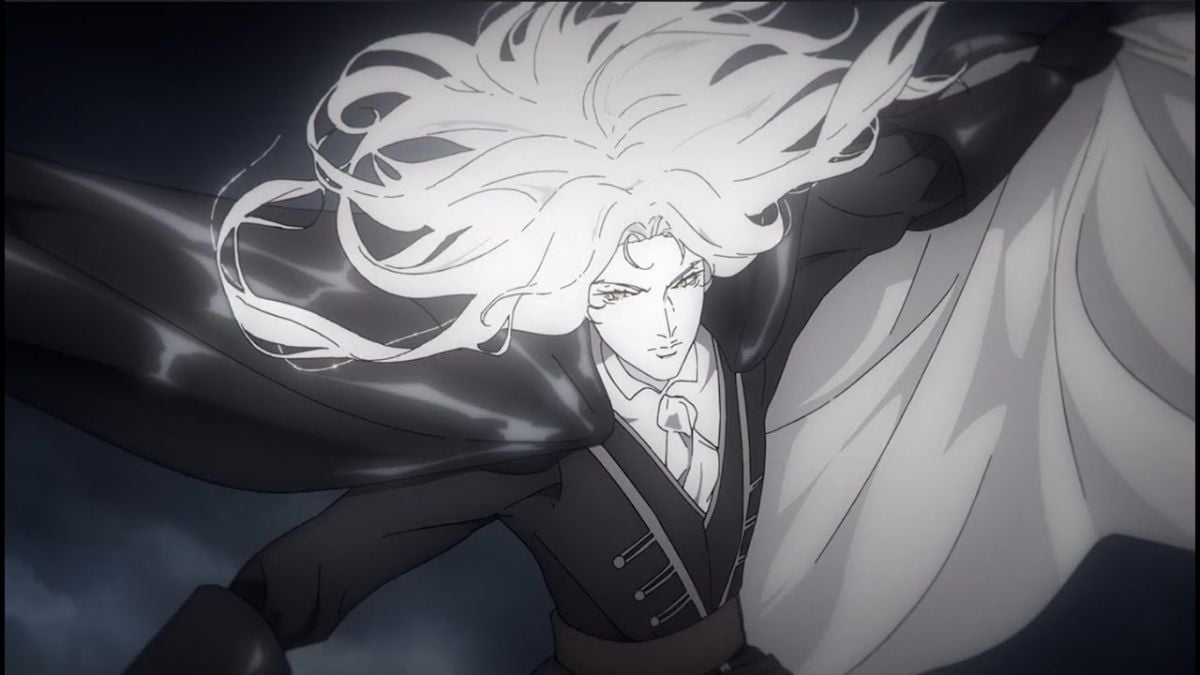
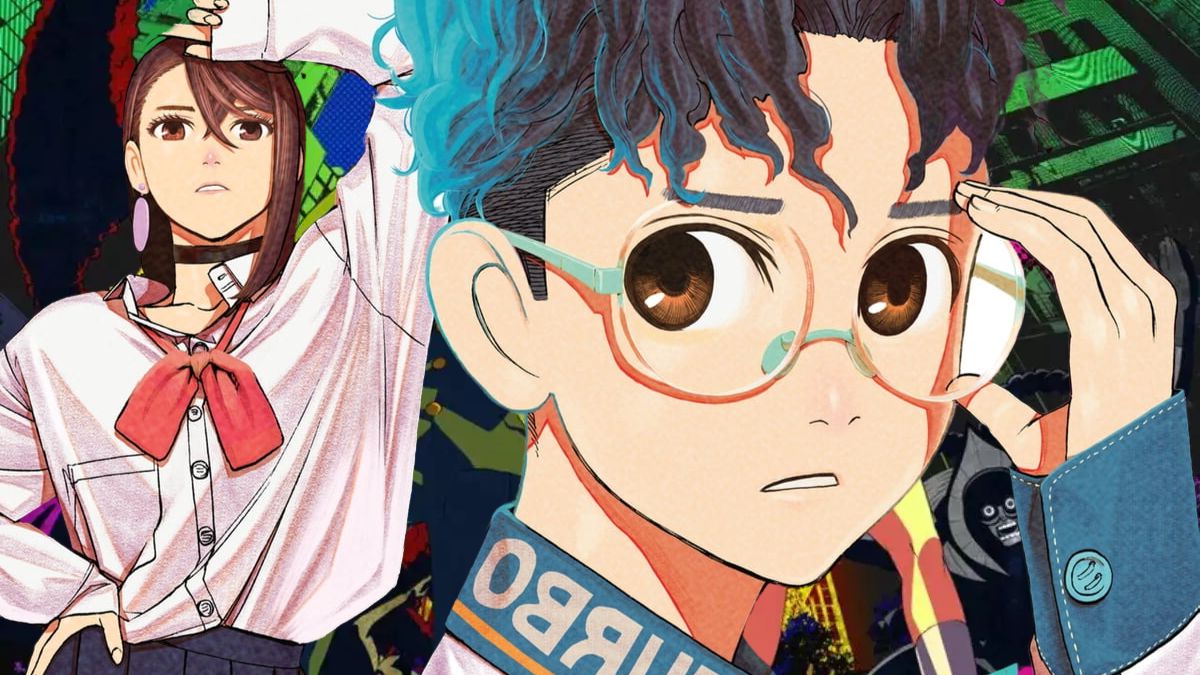
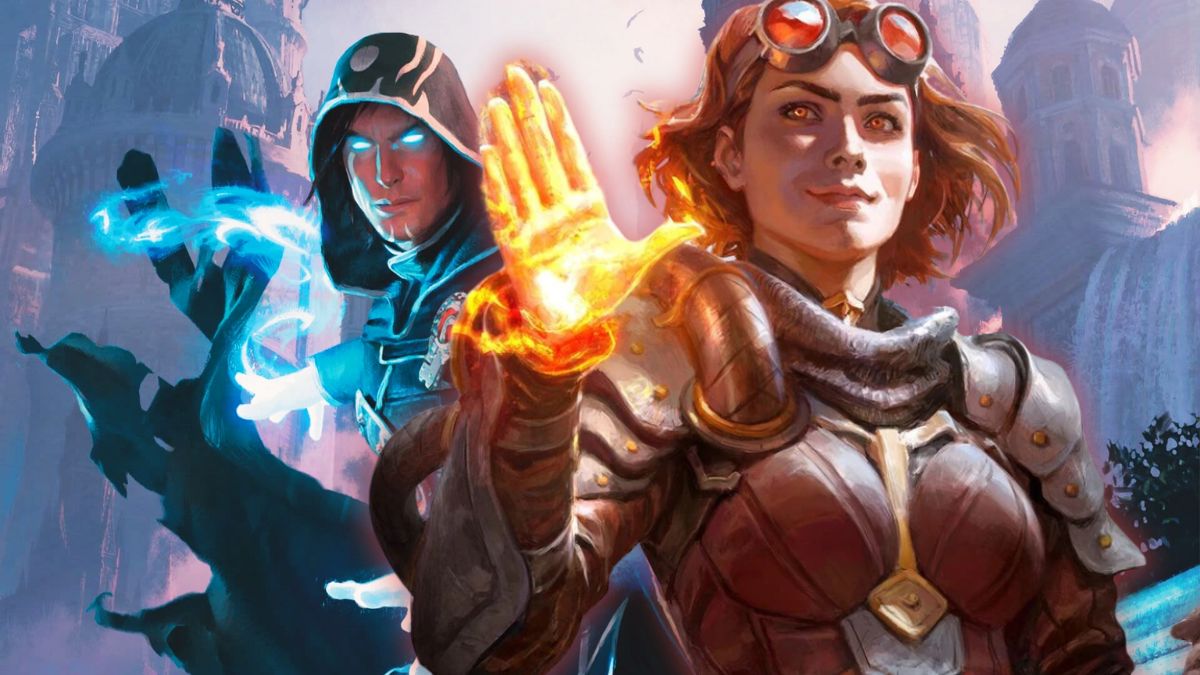
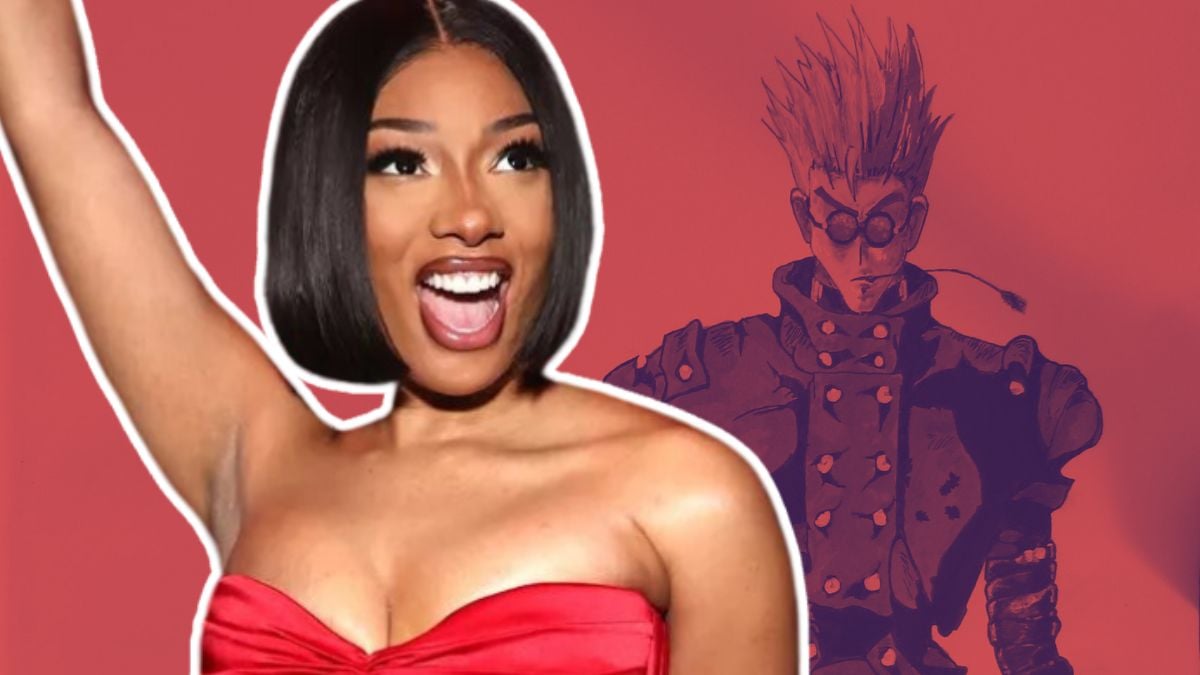
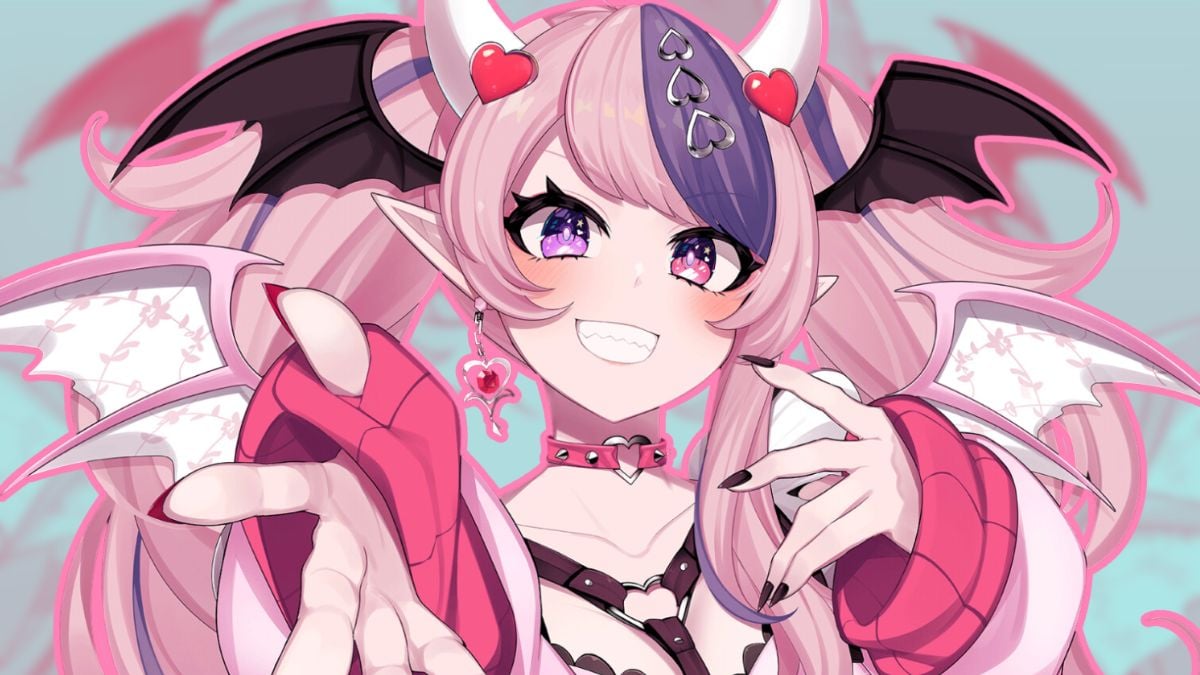

Published: Jul 15, 2023 12:19 pm